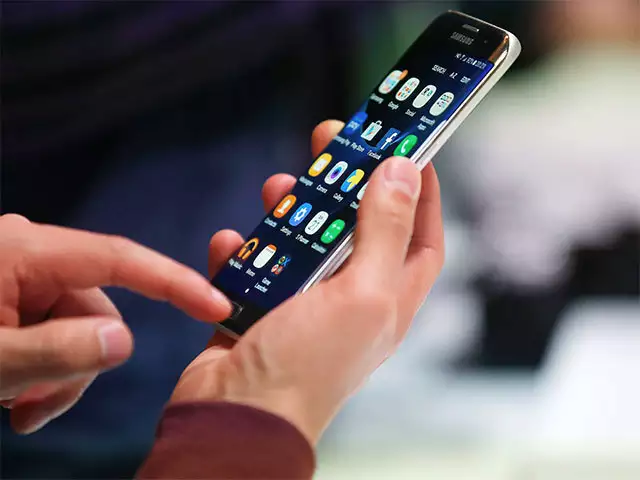Our smartphones have become an integral part of who we are, storing our cherished memories in photos, financial details, and even important health records. Given the nature of the information on our devices, it’s no wonder that cybercriminals are always looking for ways to breach our privacy and exploit this valuable data.
However, there’s no need to fret! By taking simple precautions you can shield your phone from these malicious individuals. Let’s delve into some steps to keep your device safe from potential threats!
Everything Starts With a Robust Password
A great way to keep your phone safe is by creating an inpenetrable password. Stay away from simple ones like “1234” or “password”, and instead go for a combination of letters (uppercase and lowercase), numbers, and special characters.
If your phone allows it, consider using features such as fingerprint scanning or facial recognition for even more added security. These options provide an extra level of protection, making it more challenging for unauthorized individuals to get into your phone.
When Was the Last Time You Updated Your Apps?
Updating your software can sometimes be a bit of a pain. However, it’s imperative to keep your phone secure. These app updates usually come with fixes for any weaknesses that hackers could take advantage of.
You can schedule your phone to update your app automatically or get into the habit of checking for updates frequently.
Protection Is Key
There are plenty of security apps available that can help protect your phone from malware and other threats. Look for reputable ones that offer features like malware scanning, anti-phishing, and real-time protection. These apps can act as your phone’s first line of defense against malicious attacks.
Don’t Allow Too Much
When you install a new app, it often asks for various permissions. Be mindful of what you’re agreeing to. Does that photo-editing app really need access to your contacts and location? Probably not. Limiting app permissions can prevent unnecessary data access and potential misuse.
Let Your Fingerprint Help You
Did you know that your fingertips can help protect your phone? Let us explain! Two-factor authentication (2FA) adds an extra step to your login process, making it harder for hackers to gain access to your accounts.
Even if someone gets hold of your password, they’ll still need a second form of verification, such as your fingerprint or a code sent to your phone. Enable 2FA wherever possible, especially for apps containing sensitive information.
Free Doesn’t Equal Great
Public Wi-Fi networks, although accessible and free, are notorious for being unsecured, making them a favorite spot for hackers to intercept your data. If you must use public Wi-Fi, avoid accessing sensitive information like your bank account or email. Better yet, use your phone’s mobile data or a VPN when you’re out and about.
Pretend to Be Elsewhere
Speaking of VPNs (virtual private networks), they are a fantastic tool for keeping your online activities private and secure. A VPN encrypts your internet connection, making it much harder for hackers to intercept your data.
This is especially useful when you’re using public Wi-Fi. Plus, with the best VPN for multiple devices, you can protect not just your phone but also your laptop, tablet, and any other gadgets you use. It’s a small investment for a lot of peace of mind.
You’re Not a Fish, Don’t Fall For Phishing
Phishing scams are deceptive attempts to obtain sensitive information by pretending to be a trustworthy entity. They often come in the form of emails or text messages that appear legitimate.
Be wary of any unsolicited messages asking for personal information, and never click on suspicious links. If in doubt, contact the company directly using a known official number or email address.
Encrypt Your Data
Encrypting your phone’s data adds another layer of security. Most modern phones come with built-in encryption features that you can enable in the settings. This means even if someone gets their hands on your phone; they won’t be able to access your data without the encryption key.
Make a Copy of Everything
While backing up your data won’t necessarily protect you from hackers, it ensures you won’t lose everything if your phone is compromised. Regular backups mean you can restore your data if your phone gets hacked, lost, or damaged. Use a reliable cloud service or an external hard drive for your backups.
Conclusion
Protecting your phone from hackers doesn’t have to be a daunting task. By following these simple steps, you can significantly reduce the risk of falling victim to cyberattacks.
Remember to use strong passwords, keep your software updated, and consider using a VPN to keep your online activities secure.
Stay cautious, stay informed, and most importantly, stay safe in this digital world!
Stay in touch to get more updates & news on Discover Tribune!




